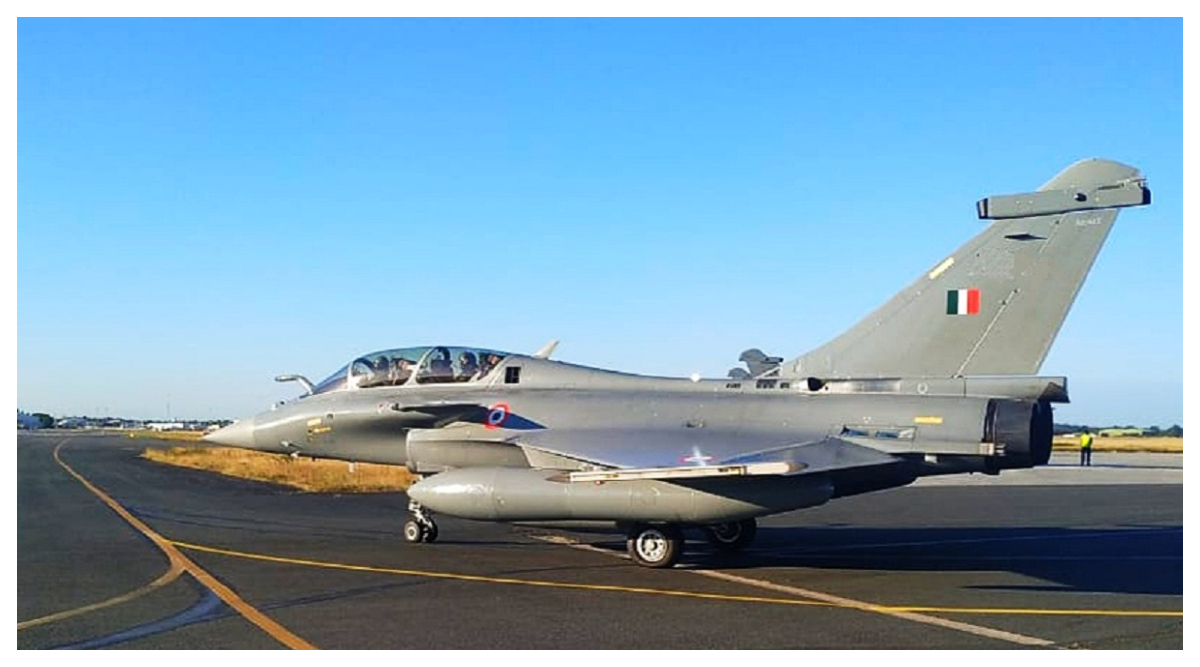SOURCE: RAUNAK KUNDE / NEWS BEAT / IDRW.ORG


In a significant development, the Indian Navy has finalized plans to procure 26 Rafale fighter jets from the renowned French aerospace company Dassault. Out of this procurement, four of the jets will be Twin Seater Rafale fighters, which will play a crucial role in training fighter pilots to operate the remaining 22 single-seater Rafale M fighter jets.
The establishment of a dedicated Rafale Training Squadron at INS Hansa in Goa marks a remarkable step forward for the Indian Navy’s operational readiness and combat capabilities.
The decision to acquire four Twin Seater Rafale jets is part of the Indian Navy’s efforts to augment its fleet of advanced fighter aircraft and maintain a highly skilled and proficient pilot force. The Twin Seater variant of the Rafale is specifically designed to serve as an effective training platform, providing invaluable hands-on experience to aspiring fighter pilots and enhancing the capabilities of seasoned aviators.
INS Hansa, a key naval air station located in Goa, has been chosen as the base for the Rafale Training Squadron. This strategic selection allows for seamless integration with existing naval aviation infrastructure and training facilities, enabling the Indian Navy to efficiently conduct advanced fighter pilot training operations.
While the Twin Seater Rafale fighters will be instrumental in honing the skills of fighter pilots, it’s important to note that these four jets will not be aircraft carrier-compatible. They lack the undercarriage and tail hook necessary for operations from aircraft carriers. However, their role in training fighter pilots for the single-seater Rafale M variant is vital, as they offer a safe and controlled environment for trainees to master the intricacies of handling advanced fighter aircraft.
The Twin Seater Rafale jets will be equipped with state-of-the-art avionics and simulators, allowing trainee pilots to familiarize themselves with the aircraft’s advanced systems and weaponry. The emphasis on realistic simulation-based training will enable pilots to effectively adapt to various combat scenarios, making them well-prepared to face the challenges of modern aerial warfare.
NOTE : Article cannot be reproduced without written permission of idrw.org in any form even for YouTube Videos to avoid Copy right strikes